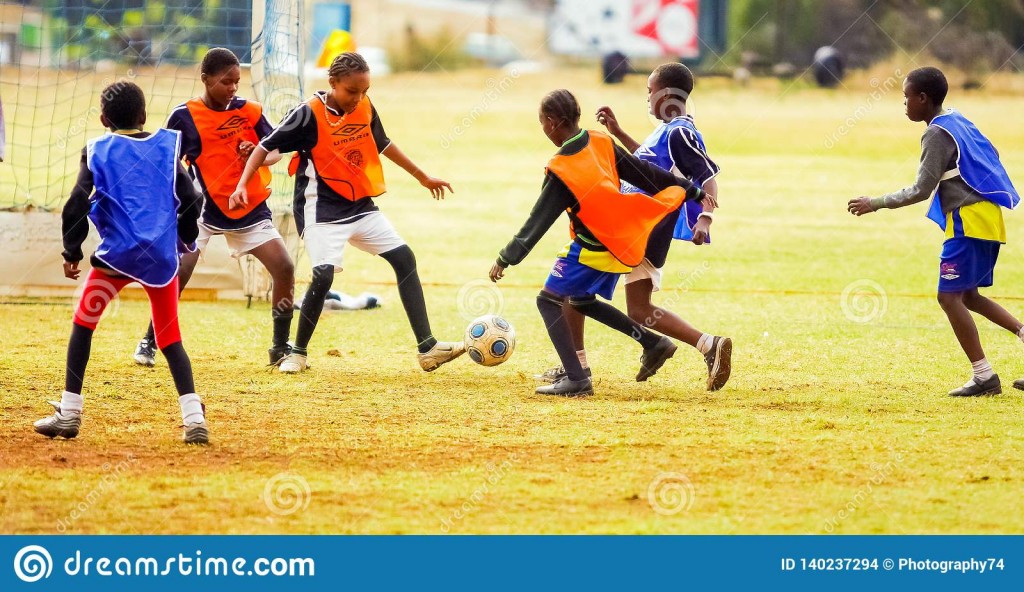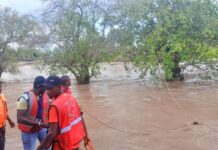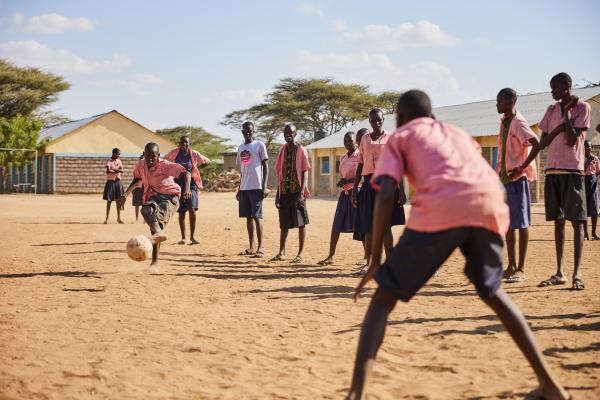Hudson Karani did not imagine he would sit his final high school exams from home, until he received a letter of indefinite suspension from his school administration, two months to the start of the Kenya Certificate of Secondary School (KCSE) examinations.
A rigorous disciplinary process at school which he preferred not to mention, had found Karani, 17, alongside seven other students, culpable of a strike at the school that left property worth millions destroyed and the school closed for weeks. Subsequently, this would see them expelled from school.
Although he denies ever involving in the strike, his case and many others involving arson at schools across the country, brought to the fore a compelling debate on the consequences of the education ministry’s banning of extra-curricular activities in schools as a measure of dealing with the spread of the deadly Covid-19 virus.
“To be honest, students were pressured. Staying in a boarding school for weeks without any activity to keep you busy or excited is boring. Students wanted an excuse to go home and change the environment a bit, and a strike was a sure way of achieving that,” Karani, said from his home in Mombasa’s Ganjoni area, as he clutched at some revision past papers he had gotten from a neighbor who is a teacher.
In efforts to reduce physical interaction, considered a major contributor to the spread of the Corona virus, the government, among other drastic measures, banned all activities in schools, including sports, music, drama and any form of engagement that would result in gathering of students and teachers.

Government also temporarily abolished half term, otherwise welcomed as a deserved break from the monotony of school work.
This was part of the wider effort to enforce social distance across the country, a measure hailed as effective in reducing spread of Covid-19 that has been responsible for the death of over 5000 people in Kenya alone, and 6.1 million across the globe.
The ban in school activities would soon be followed by reports of a series of student strikes across the country, that saw dormitories set ablaze, property destroyed and dozens of schools closed for weeks.

Statistics indicate that at least 30 schools had student strikes between October and November 2021 alone, with at least 300 students arrested and charged over involvement in these strikes; yet the students lay the blame squarely on the ministry.
“They (education ministry) should allow those activities back in schools immediately if they want an end to the strikes,” said Karani, who has since completed his KCSE exams and awaits results.
For form two student Linda Minya, 15, co-curricular activities make the school term exciting and short.
“School is like prison. Going for the outings and having trips is what makes us able to tolerate the harsh boarding school life. If you deny us that, you put us in trouble and so we shall also find a way of putting you in trouble,” she said, after arriving home for school holidays.
“The interaction with boys and other girls during outings and innings is all we look forward to. How do you deny us that and expect peace in school?” she posed.
Education experts agree that while it was necessary to enforce such drastic measures in schools, the education ministry ought to have provided alternative ‘energy-expending’ activities for the students.
“We are dealing with young men and women who have bursting energy reserves that need to be emptied, yet we confine them within an environment and deny them avenues to empty them. They will sure find their own ways, and that’s how strikes happen,” Hellen Kikuvi, a counsellor and education curriculum expert, told Baraka FM in Mombasa.
“That is more than ninety percent the reason behind the surge in student strikes during that period.”

Teachers had a hard time containing students during this time, and some told Baraka FM that in efforts to find alternative recreation, some students found themselves engaging in extreme and unacceptable behavior including homosexuality.
“Being a teacher on duty in 2021 was a nightmare in my school. The number and nature of cases we handled cannot even be described,” said Stephen Okoth, an English-Literature teacher at a national high school in Mombasa.
“We couldn’t thank God enough when half term was re-instated, but that is not enough; we need these activities back, especially sports, music and drama.”
Asked whether it was not enough to engage students in these activities within the school, Stephen refuted.
“There is something about changing the environment for these students. It is different when they go out and meet other students, or when other students visit their school. That is what is lacking,” said Okoth.
The new term is expected to start in April, and rumours that these activities may be re-instated albeit with strict conditions on social distancing, have been received with appreciation.
“They better bring them back, I guarantee you, you will not hear a single incident unless it is about something else,” said Linda.

For teacher Okoth, re-instating the activities will enable teachers focus more on their core duties.
“Throughout 2021, our focus was fire-fighting, counselling and monitoring students to ensure they are not driven towards chaos within school. It is will be a relief if these activities are back so we channel our energies to the more important academic issues,” he said.
While Hudson Karani thinks he was merely collateral damage following the strike at his school, he thinks the strike would have been averted if students had alternative ways of entertainment.
“It is those little things that matter for students. I felt the frustration of fellow students and was not surprised when they acted that way. I was not involved though,” he told Baraka FM, laughing at his own disclaimer.
As schools re-open in April, attention will be on whether these activities actually resume, and the impact thereof on student peace and harmony at school.
“There has to be an official circular from the ministry authorizing any such activities, so that then, we can spend school resources on them. For now we haven’t received any communication, so we shall wait,” Elizabeth John, principal of Waa girls high school in Kwale county, told Baraka FM.













